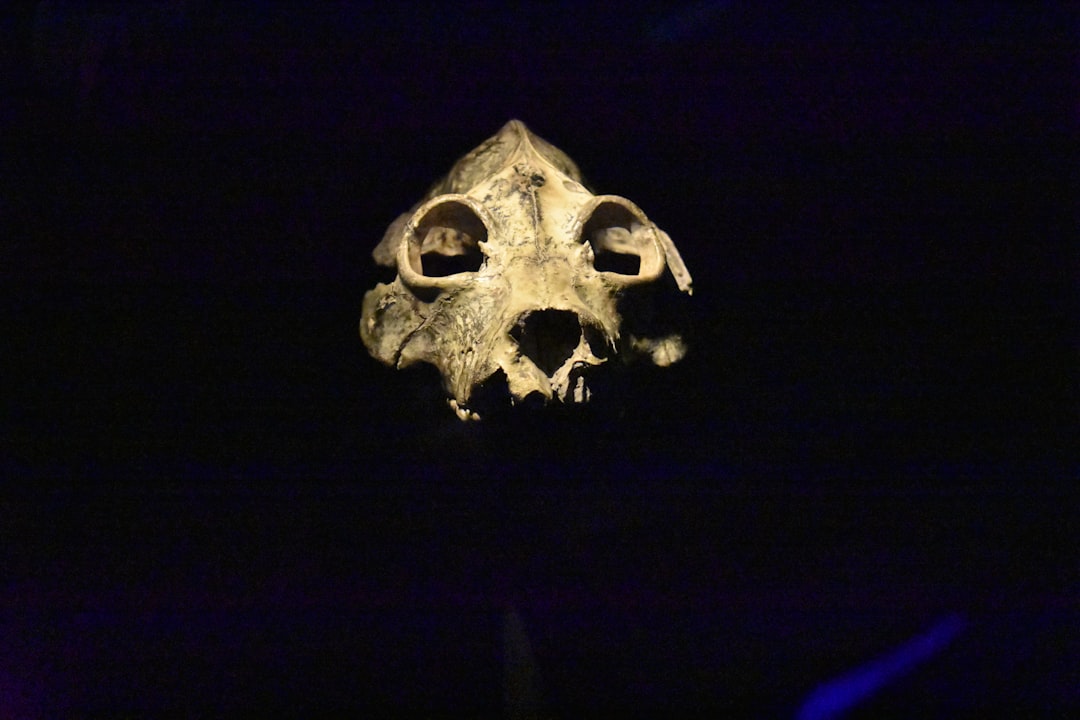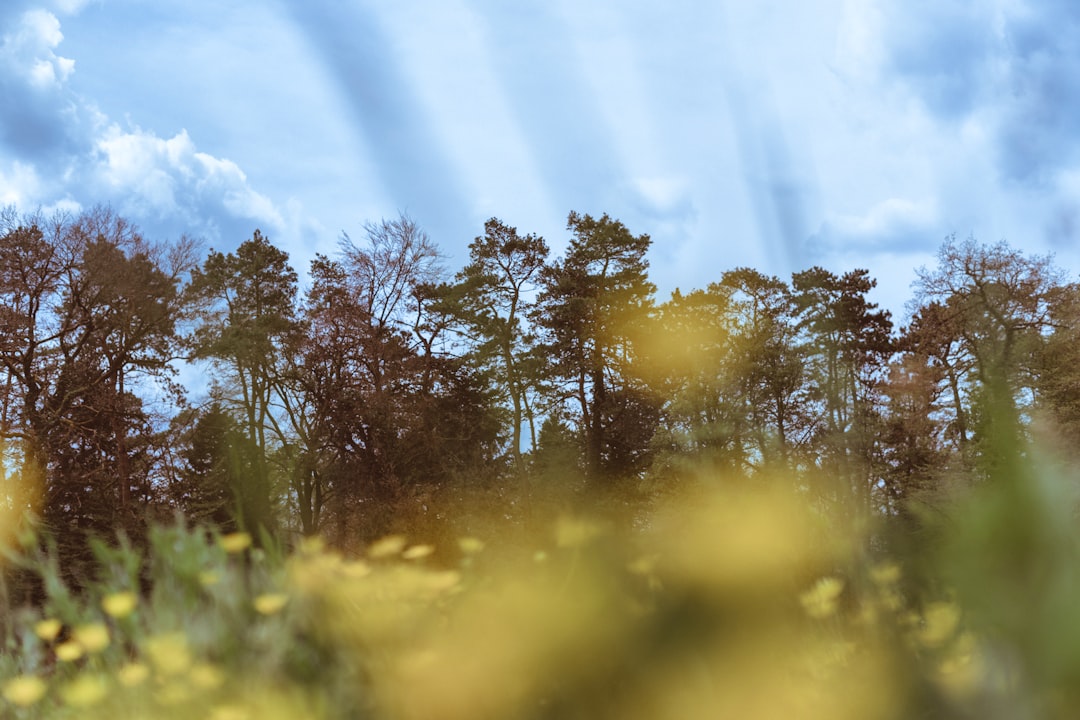
This paper discusses the issue of Komodo Dragon attacks on humans from an anthropological perspective. Wild animal attacks are often regarded as a result of human-wildlife ecological conflict. Humans, in their pursuit of economic expansion, often sacrifice the habitat of fauna, resulting in disturbances to food chain stability in the local ecosystem. It has been said that due to the increased difficulty of finding prey as a result, predators turn to humans instead, which is not part of the natural food chain. However, this research (based on observations on Rinca Island, Komodo National Park in 2013) finds that this explanation is not always correct. In the case of Komodo National Park, a conservation area primarily established to secure the availability of Komodo Dragon prey, the fact that there are still cases of dragons attacking humans throws weight against the idea that dragons are merely supplementing their natural diet. Rather, this paper argues that these attacks come as a result of the creation of spaces that changes the human relationship with the natural environment.



